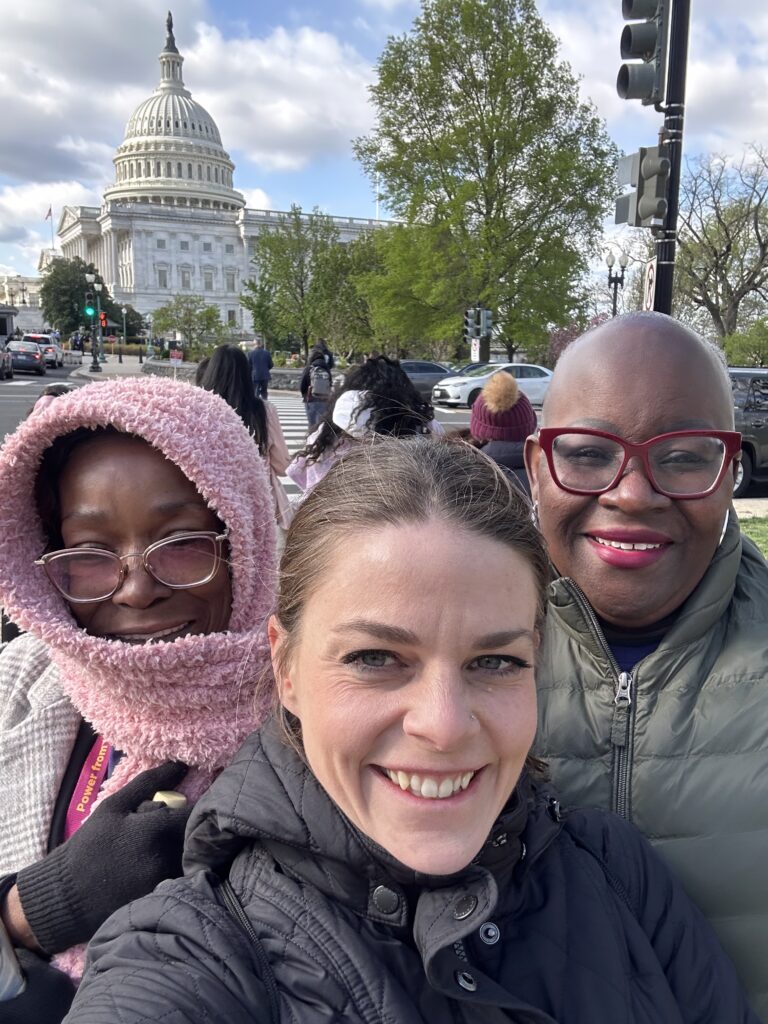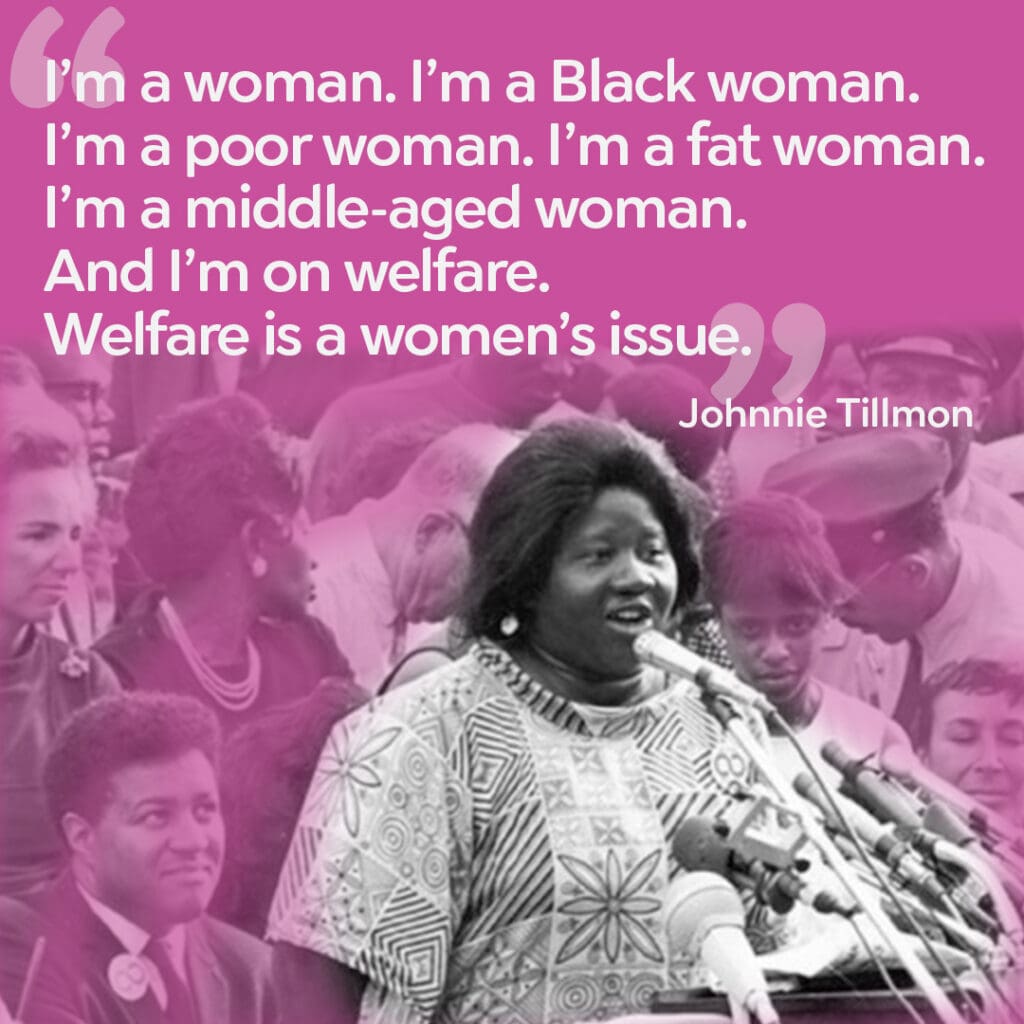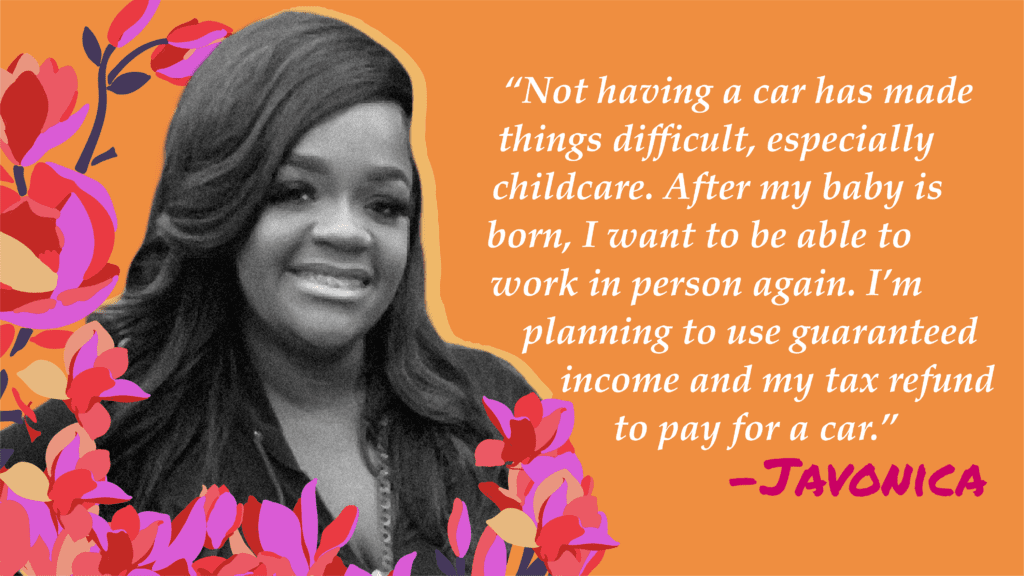A peak into our trip to the nation’s capital!

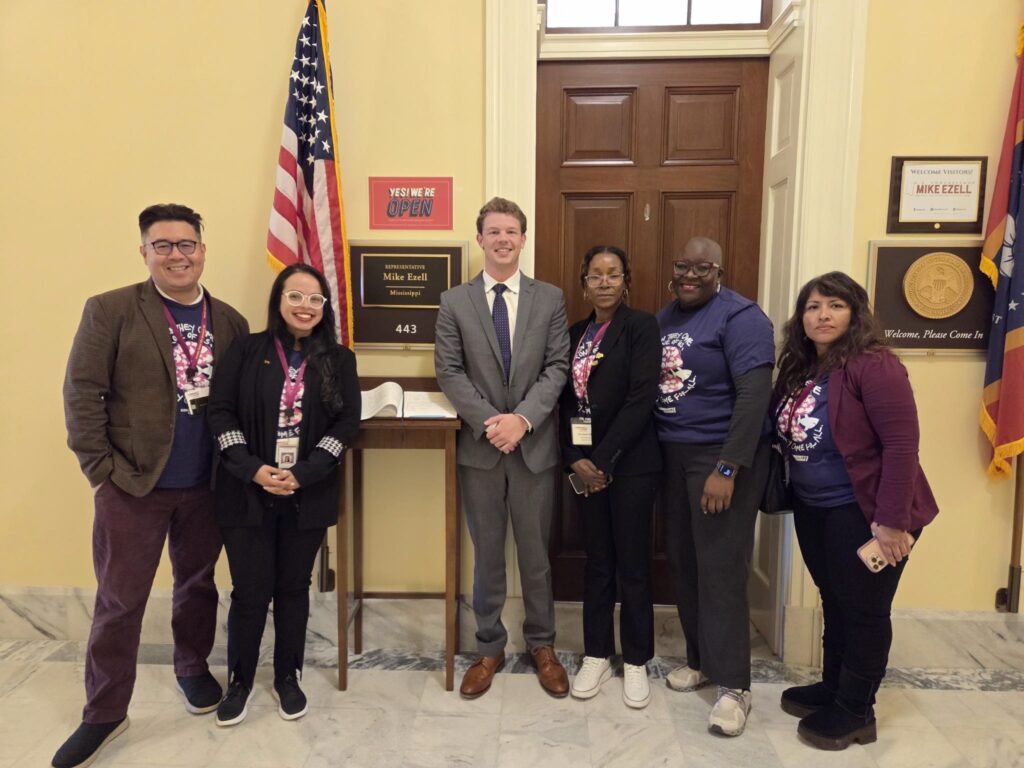

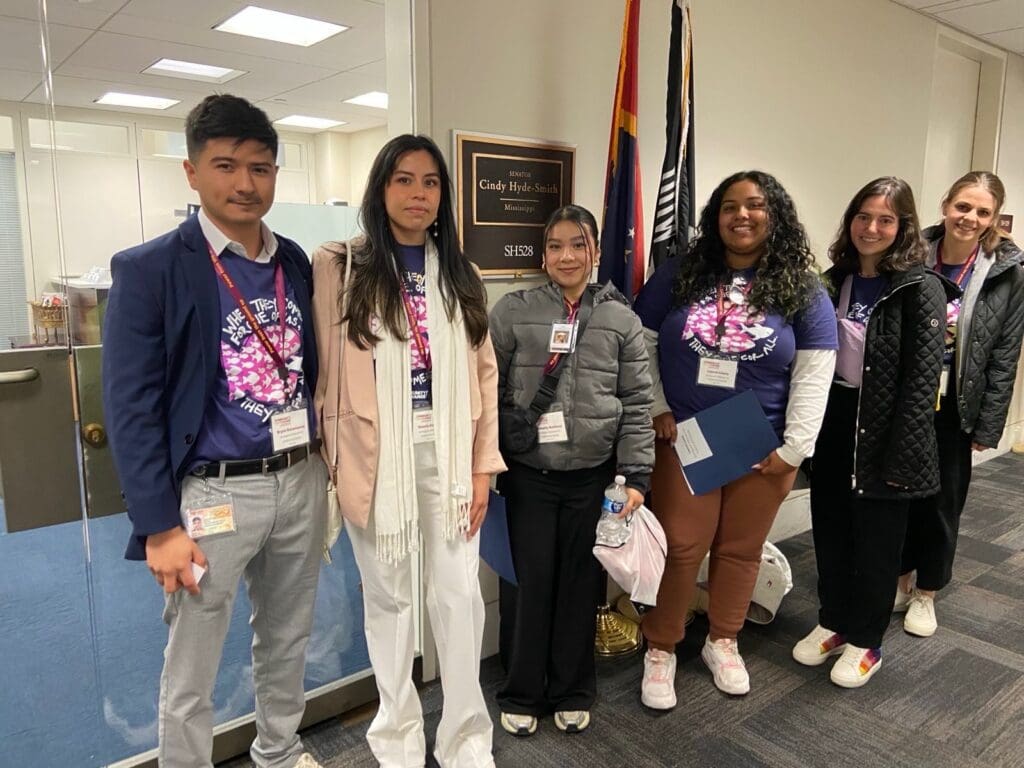
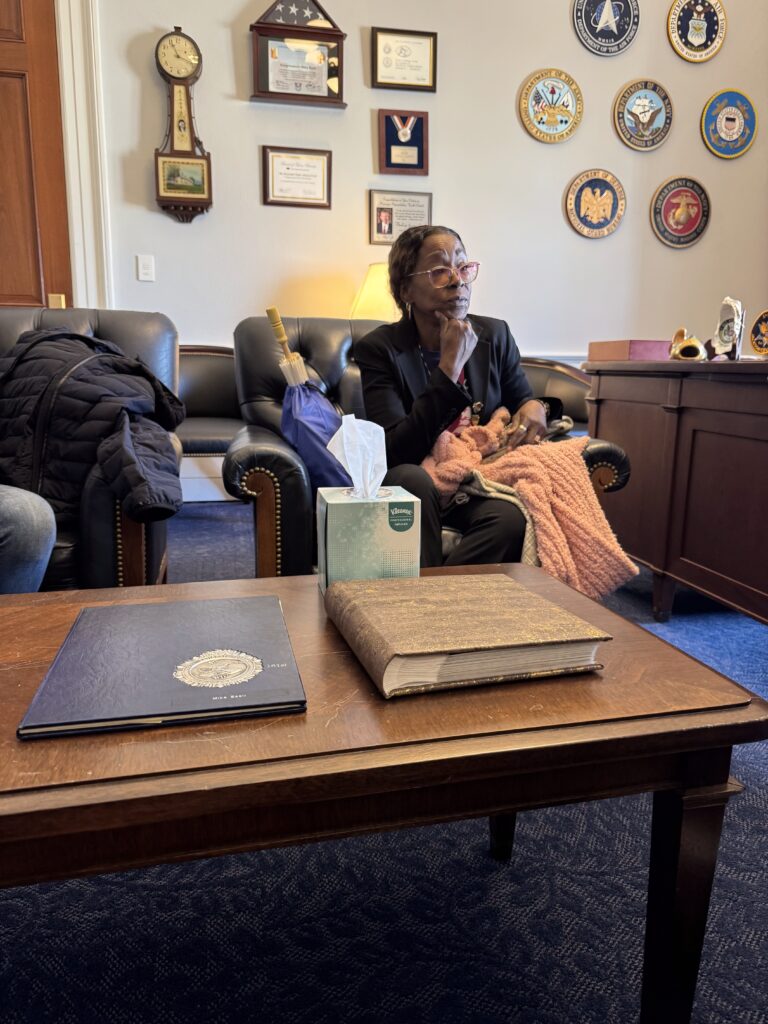

A few of our team members traveled to D.C. with our Policy & Systems Change Fellow, Carleen, this week with Community Change to visit various House & Senate offices.
Here is what we advocated for:
• MEDICAID
• SNAP
• CHILDCARE
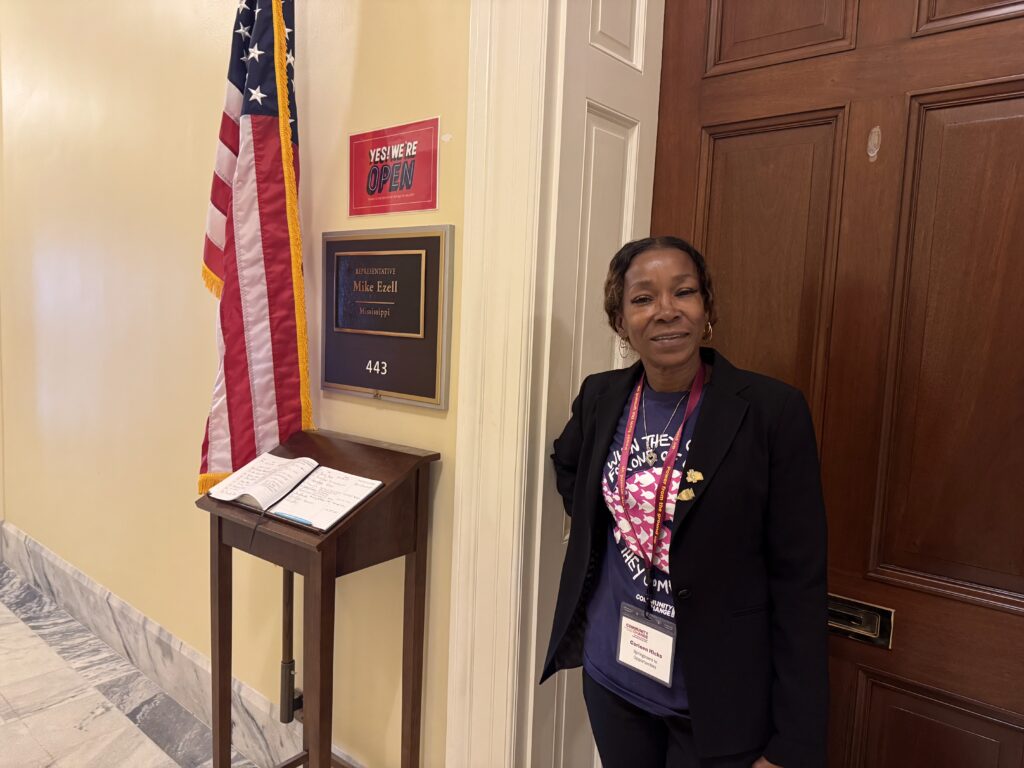
We stopped by the Mississippi Senate offices and the Mississippi House congressional offices to speak with their staff and share our stories to emphasize the importance of protecting SNAP and why these essential government funded programs help keep families in our state thriving. We were reminded that sharing our stories is powerful. Our voices need to be heard and speaking to folks in person and sharing our truths about Mississippi families is the best way that we can advocate for programs that help families feed their kids, help moms go to work, and provide essential healthcare access to our kids.
We are so thankful for such an incredible team to do this work with. We keep each other strong and we keep each other encouraged. More from this experience soon!
With love,
Team Springboard
